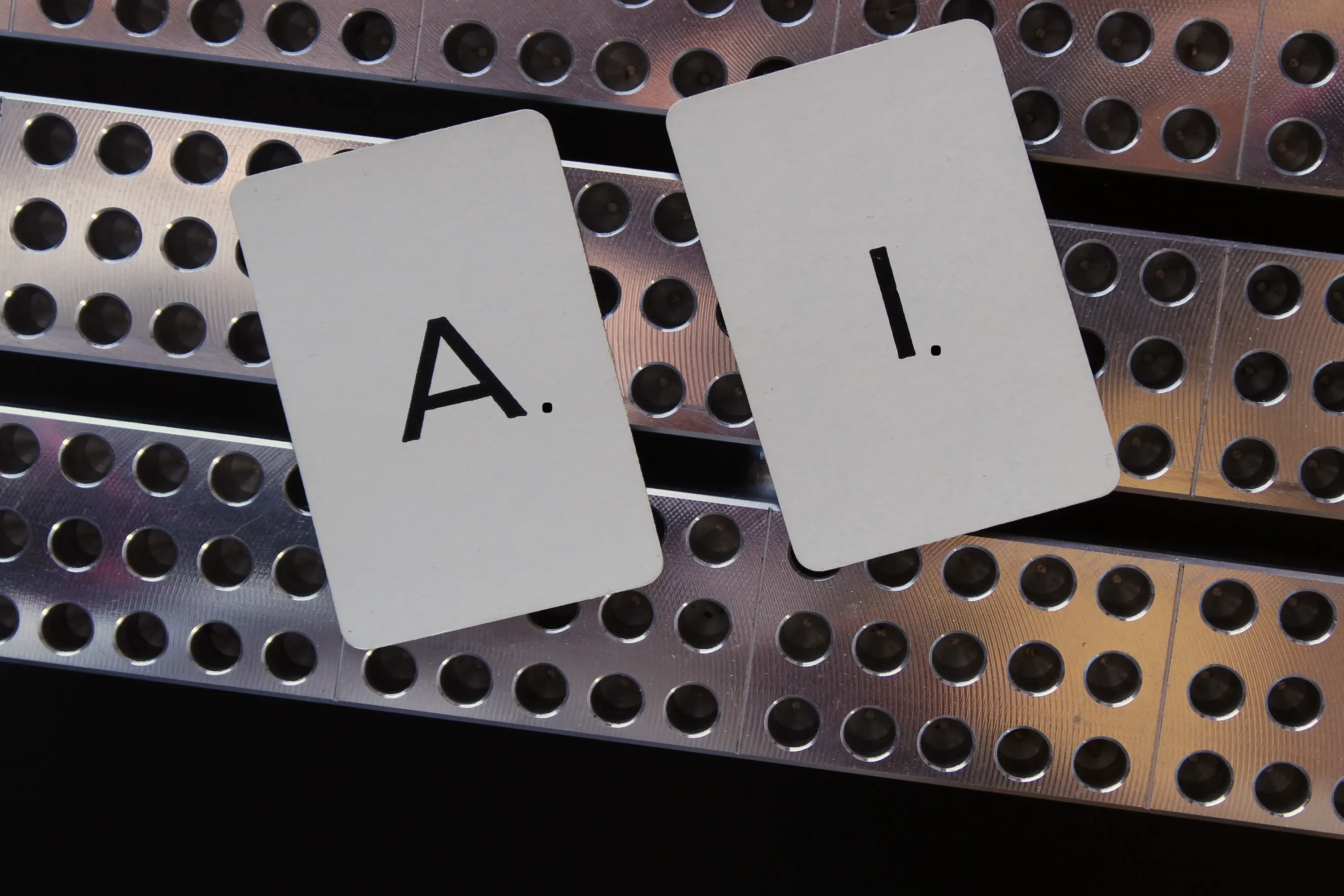AI is Everywhere But Are We Ready For It?
Over the past year, AI in the workplace has exploded into the headlines. Here are three major news stories that set the stage for this heated debate:
🔹 IBM’s AI Hiring Spree – Firing Humans, Hiring Algorithms?
IBM recently announced it will replace nearly 7,800 jobs with AI automation over the next few years. The move raised concerns: Is AI making us more productive, or just eliminating human workers?
🔹 Elon Musk’s “AI Overlords” Warning – Too Much, Too Soon?
Elon Musk, a vocal supporter of AI, has also warned about its dangers. He believes AI will be essential for workplace productivity, but if unchecked, it could create uncontrollable risks for jobs and creativity.
🔹 Google’s AI Intern – The Intern That Works 24/7
Google introduced AI-powered interns to support customer service, coding, and project management. Unlike human interns, these AI assistants never sleep, never complain, and never need a salary. But do they bring true innovation, or just cost-cutting efficiency?
Now, let’s debate: Is AI making work better, or are we walking into a corporate nightmare?
Life Without AI vs Life With AI
– Which Workplace Would You Choose?
🚨 A Workplace Without AI – Chaos, Overwork, and Burnout
|
Emails flood inboxes |
You spend half your day sorting, replying, and scheduling. |
|
Data entry is a nightmare |
Hours wasted copying and pasting. |
|
Meetings are endless |
Manual reports and presentations drain creativity. |
|
Repetitive tasks kill motivation |
Work feels mechanical and unfulfilling. |
🤖 A Workplace With AI – Efficiency or a Controlled System?
|
AI sorts and prioritizes emails |
You only focus on what matters. |
|
Automated data processing |
Reports are ready in minutes. |
|
AI-generated meeting summaries |
No more note-taking. |
|
AI suggests solutions before problems arise |
Smarter decision-making. |
So are we becoming AI-dependent, or finally working smarter?
How AI is Supercharging Workplace Productivity
AI isn't just about replacing humans. It’s about enhancing performance and reducing burnout. Here’s how:-
|
AI-Powered Task Management |
|
|
AI in Data Analysis |
|
|
AI for Employee Well-Being |
|
The businesses leveraging AI aren’t just replacing workers; they’re redefining work itself.
The Dark Side of AI at Work – Are We Losing Control?
While AI boosts productivity, it also raises serious concerns.
|
AI Surveillance – Productivity or Micromanagement |
|
|
AI and Job Displacement – Who’s Safe? |
|
|
AI Decision-Making – Can We Trust It? |
|
AI in 2025 – What’s Next?
While AI boosts productivity, it also raises serious concerns.
|
AI Surveillance – Productivity or Micromanagement |
|
|
AI and Job Displacement – Who’s Safe? |
|
|
AI Decision-Making – Can We Trust It? |
|
Final Thoughts: Will AI Control Work, or Will We Control AI?
The AI-powered workplace isn’t a distant future and it’s happening right now.
So the real question is:-
➡️ Will AI empower us, or will we become just another cog in an AI-driven system?One thing is certain: AI isn’t optional anymore. It’s already here.
The choice is yours to adapt and evolve, or resist and risk getting left behind.
Your move to Discover Axtraction AI
FAQs About AI at Work
1. How does AI improve workplace productivity?
AI automates repetitive tasks, enhances decision-making, and improves efficiency in scheduling, data processing, and project management.
2. Will AI take over all jobs?
AI will replace some tasks, but it will also create new roles focused on strategy, creativity, and AI management.
3. Can small businesses afford AI tools?
Yes! Many AI productivity tools are affordable and scalable, even for startups. Work smarter, not harder. Let’s make life easier. Let us share with you how.
4. How can employees prepare for AI-driven workplaces?
Upskill in AI literacy, data analysis, and problem-solving to stay competitive.
5. What are the biggest risks of AI in the workplace?
The biggest risks include job displacement, AI bias, security concerns, and ethical dilemmas in decision-making.
6. What skills will be essential in an AI-driven workplace?
Critical thinking, data analysis, AI literacy, and adaptability will be key for professionals to remain competitive in the workforce.


